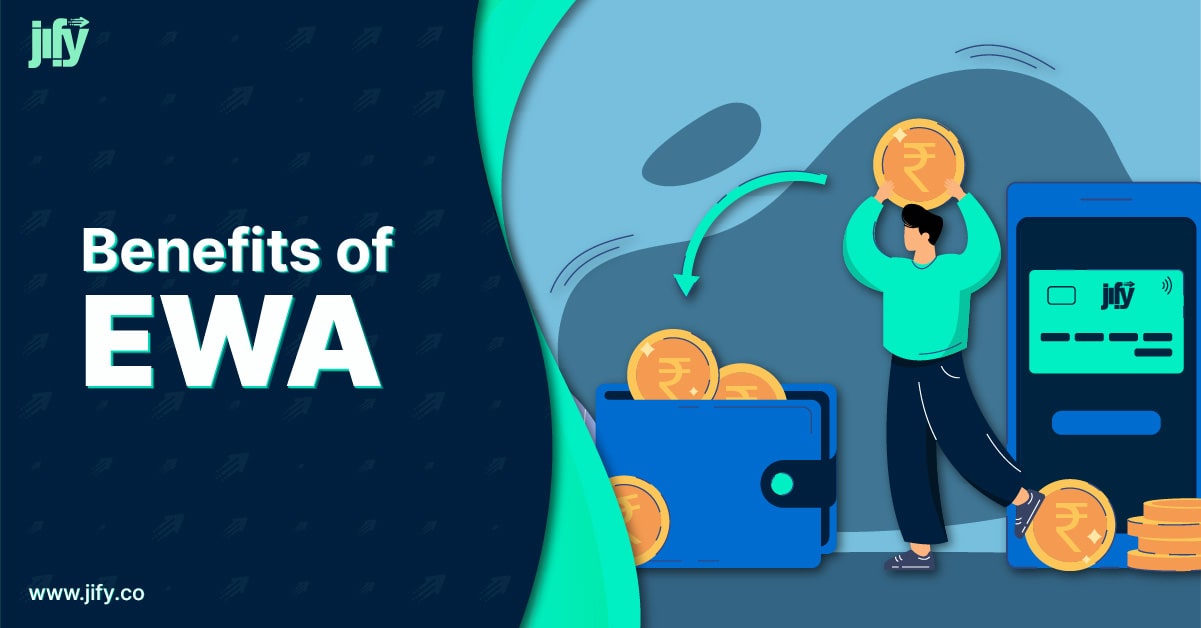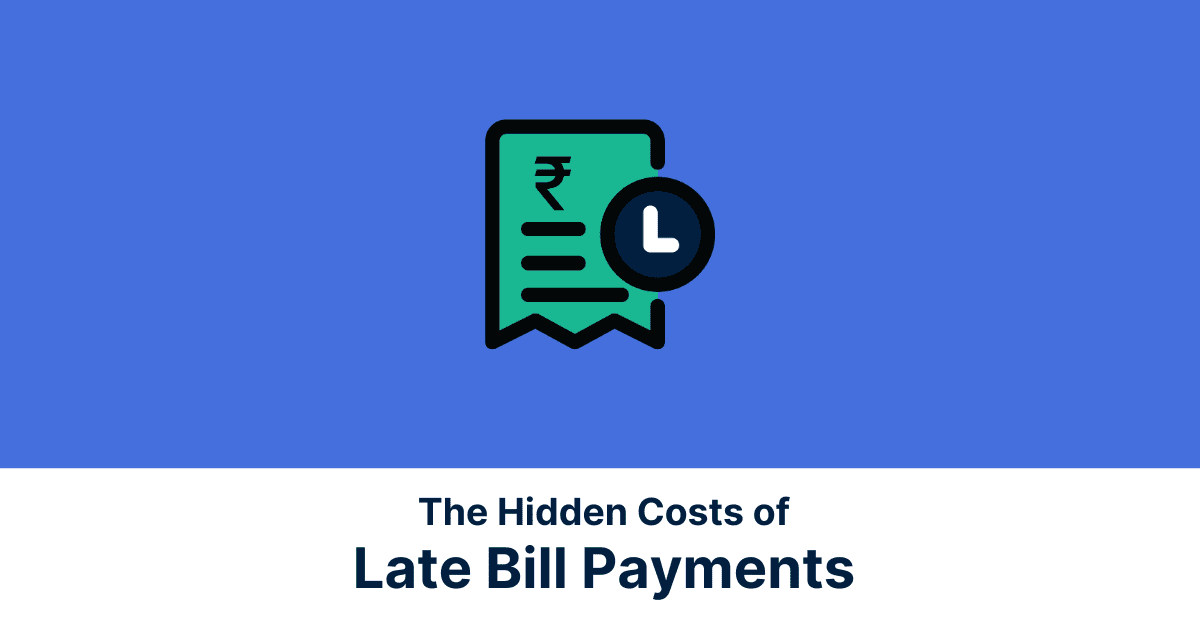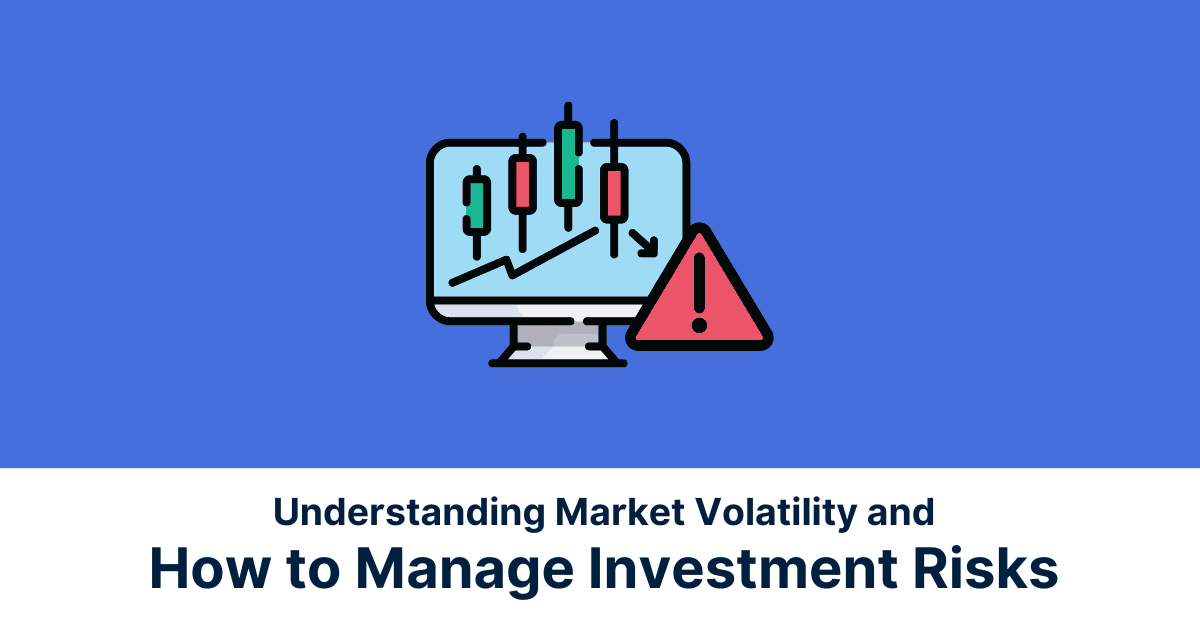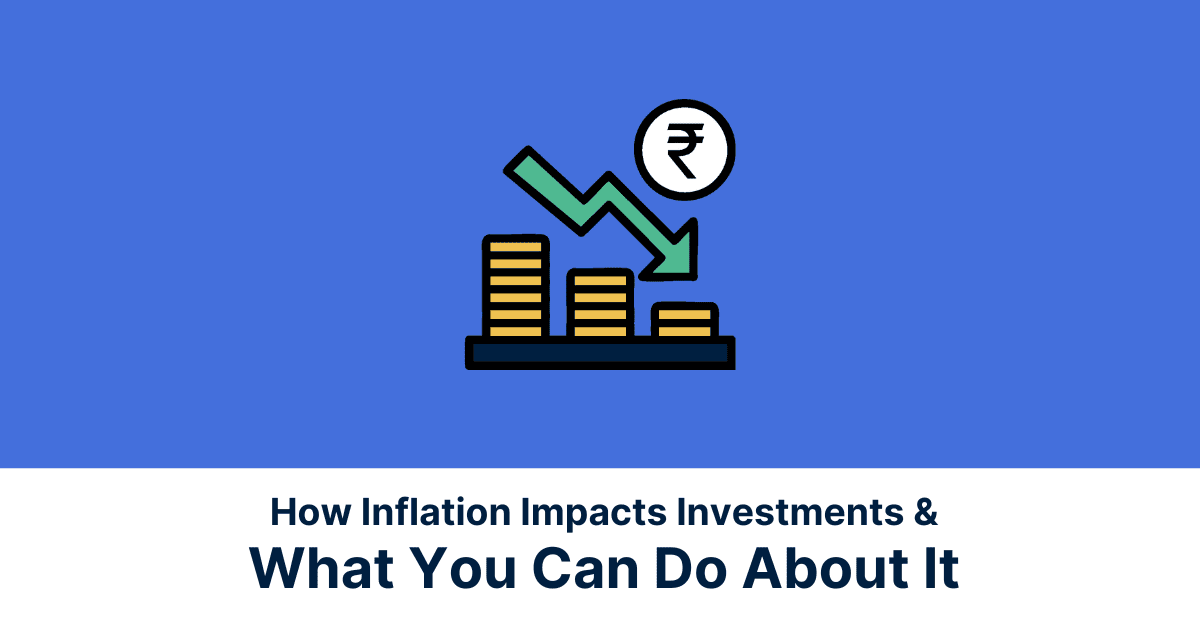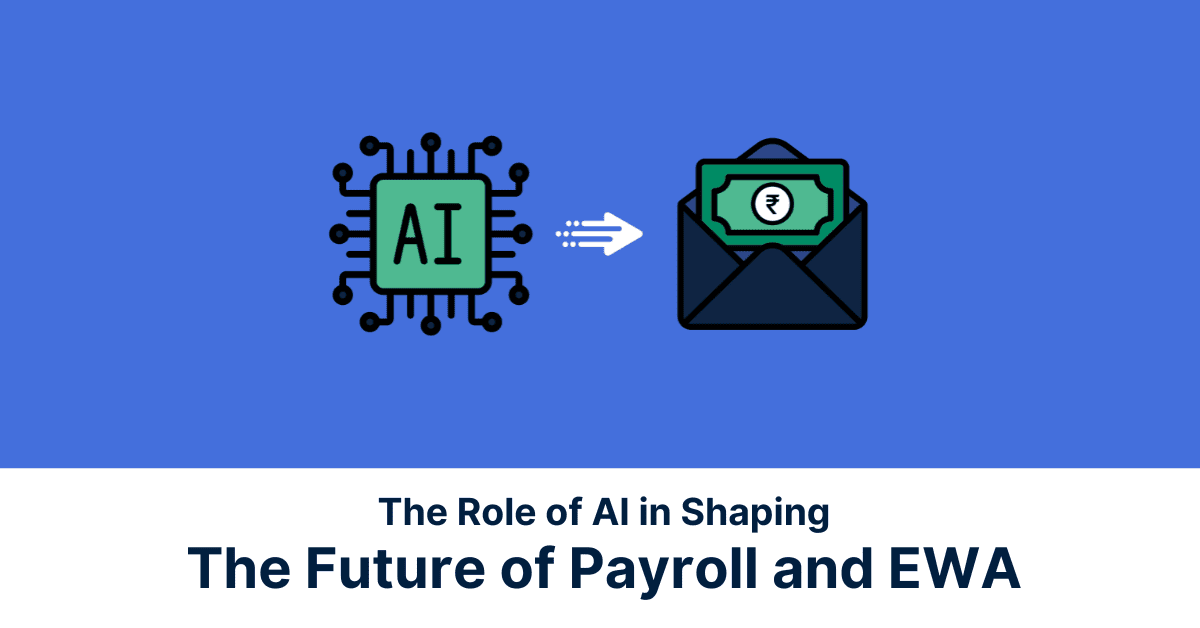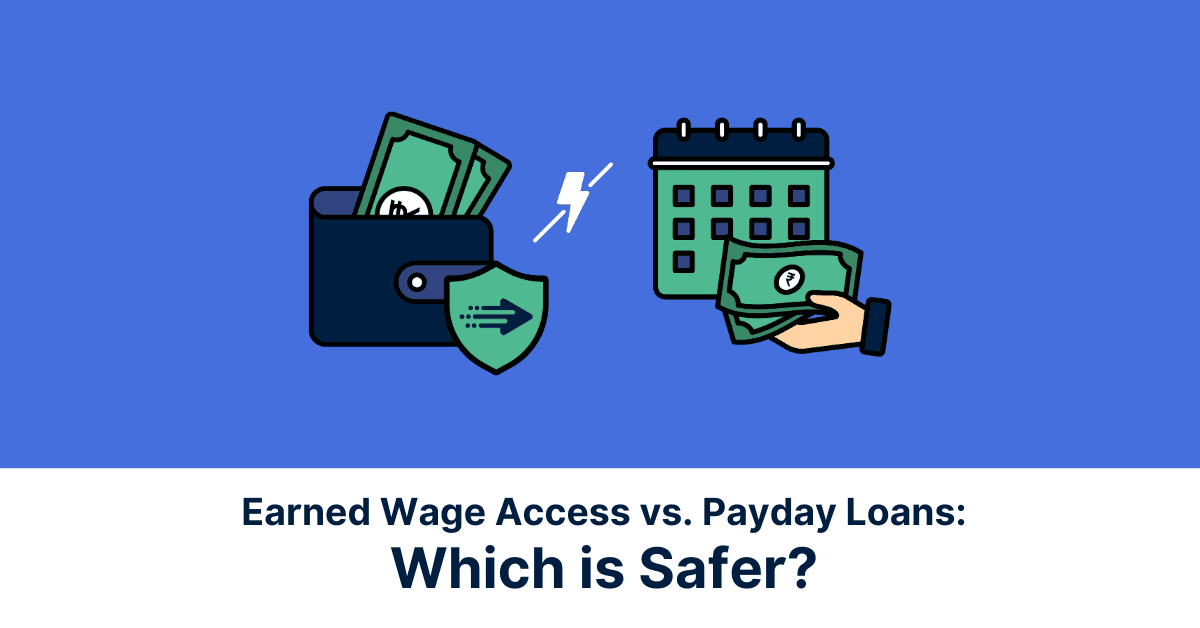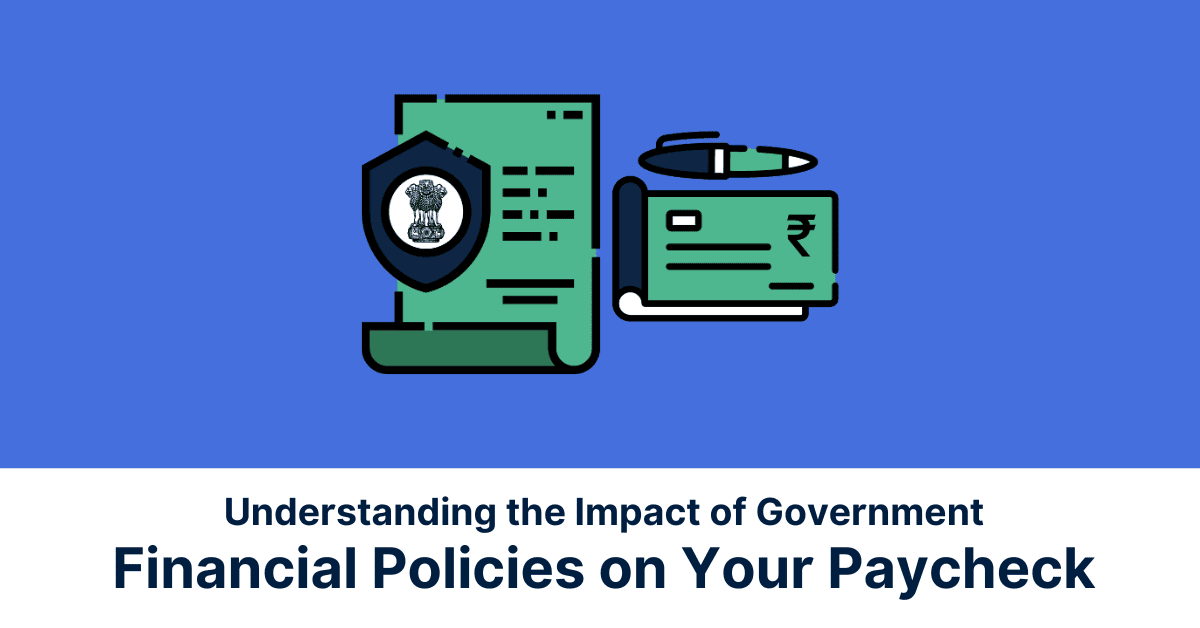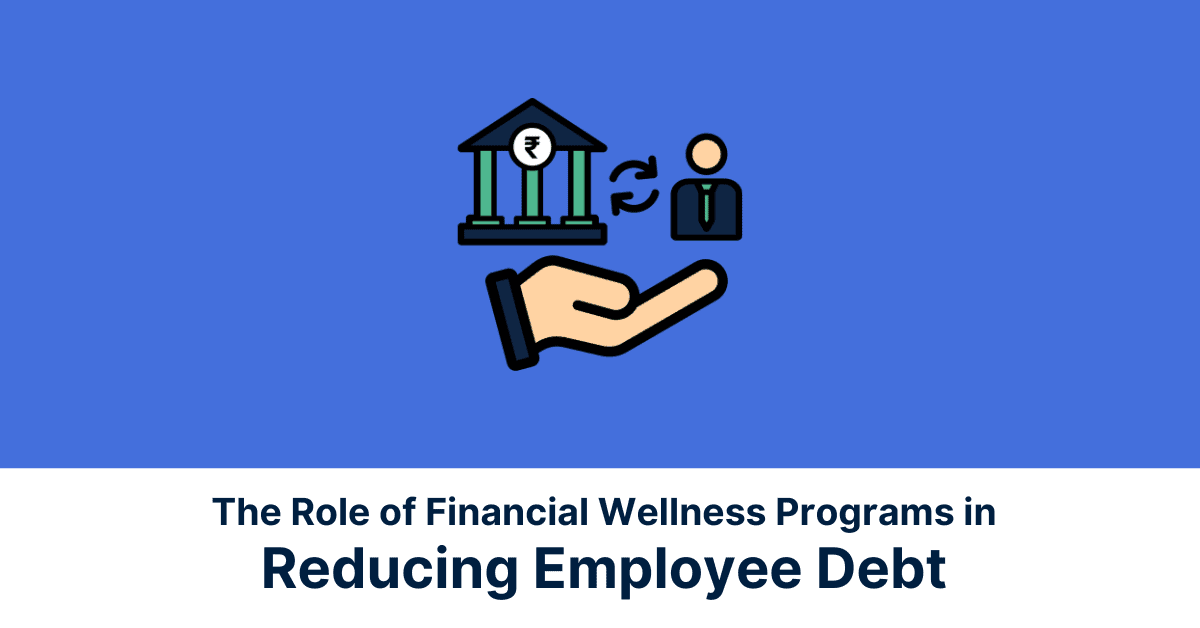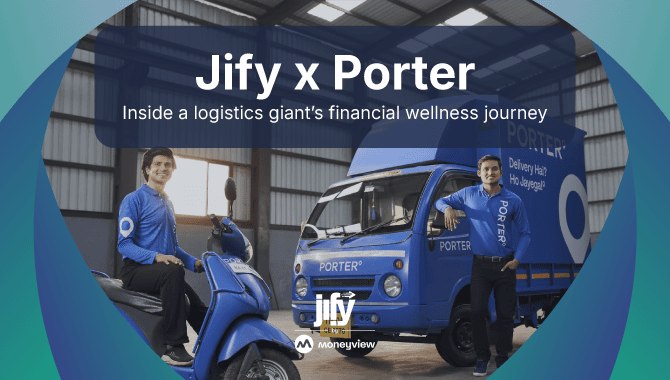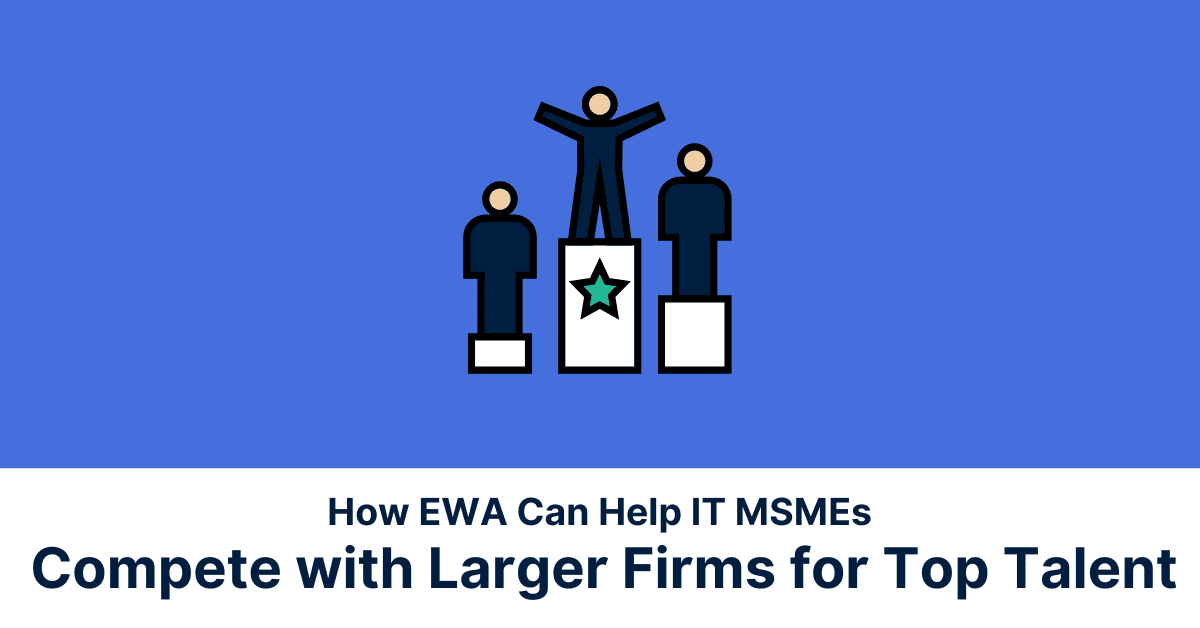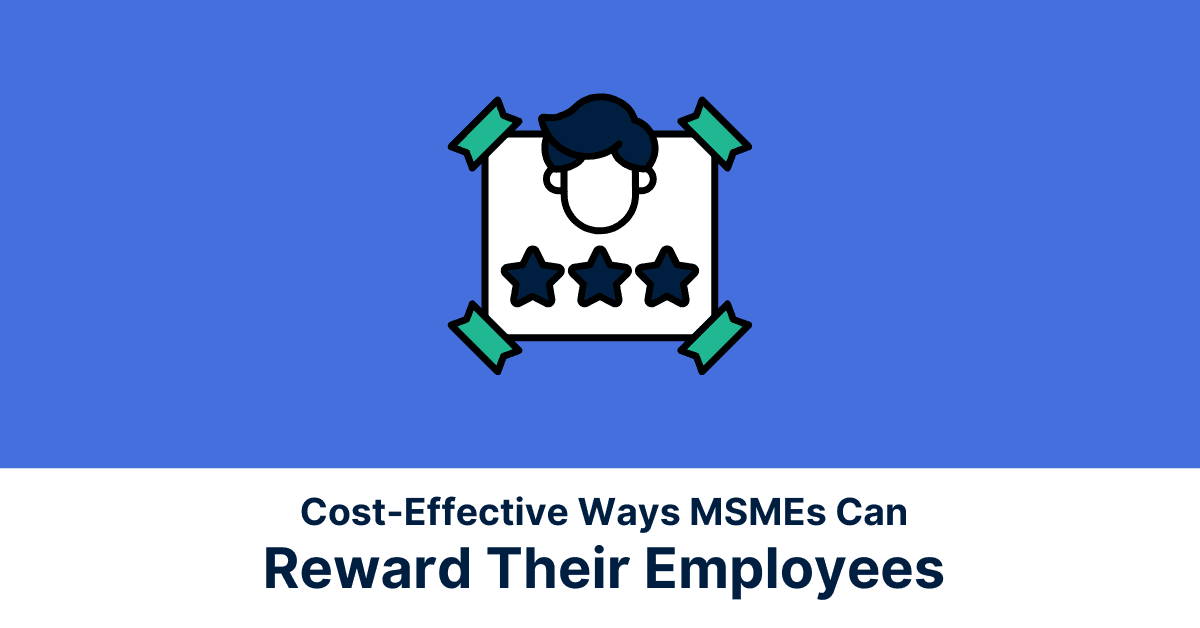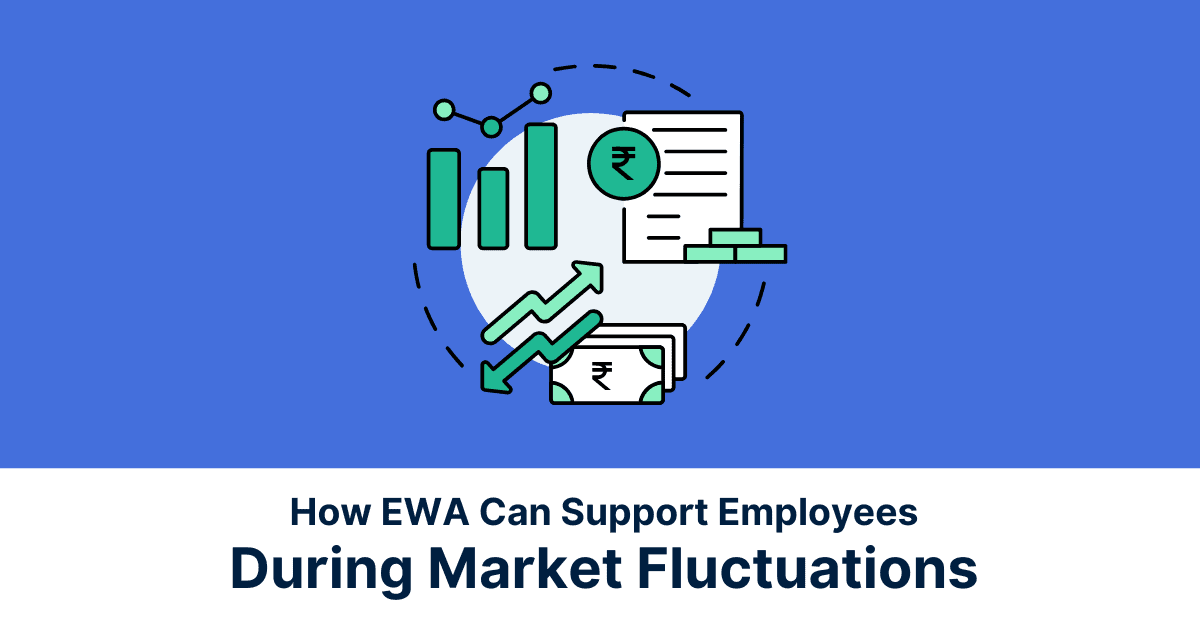With uncertain economic conditions and global inflation being on all-time high, meeting financial obligations is becoming a challenge for the employed workforce, worldwide. According to PwC’s employee wellness survey, 47% of employees agree that financial stress is a major issue in their lives. There is a drastic gap between people’s income with respect to the need for consumption as well as meeting the cost of living. The average wage in India is Rs. 25,000 per month, thereby leading to intra-month challenges, making it harder for employees to live comfortably paycheck to paycheck or have substantial savings for a rainy day. In such a situation, an offering like earned wage access is a great solution that helps people manage their expenses and overall finances judiciously and efficiently, with no additional cost being incurred by the employer.
What is Earned Wage Access?
Earned Wage Access (EWA), also known as on-demand pay is a real-time, connected payment ecosystem that is made available to employees as a voluntary perk providing access to their wages prior to the payday in the traditional pay cycle. This means that instead of waiting for their next paycheck, employees can access a portion of their already accrued salary, calculated on the basis of the days of work for the current month, on the basis of demand, thereby bridging the gap between paychecks, thereby providing the individual with the flexibility needed to manage their finances.
Benefits for Employees:
Building an emergency fund
Due to the ever-changing world economic conditions, employees are always under financial duress in order to meet these uncertainties. With the pandemic, these financial issues have been brought to the forefront. With the cost of living requiring most of the monthly wages in the form of housing, bills, etc. inculcating a habit of saving is next to impossible.
Earned wage access provides employees with financial stability that in turn facilitates them to save better while building an emergency corpus for themselves. With EWA, employees get a higher degree of control over their wages, through the means of having a choice of withdrawal basis requirement, thereby helping them in building a plan of action with respect to their monthly financial obligations.
Preventing a debt cycle
For employees, EWA provides a range of benefits, including improved financial well-being, and reduced debt thereby leading to an improved credit score. With EWA, employees can access their earned wages when they need them, rather than relying on high-interest loans from 3rd party vendors, pawning off their possessions, credit card debt or even borrowing from friends and family. Traditional forms of borrowing, such as personal loans or credit cards, can have interest rates as high as 36% per year, which can make it difficult for employees to feel trapped in a vicious debt cycle. Earned wage access offers a safer, smarter and more affordable alternative.
Another advantage of earned wage access or advance salary is that employees can save money on fees associated with traditional financial services, such as overdraft fees or late payment fees, which in the longer run, leads to larger savings. Moreover, with an exponential increase in flexible employment models in India, EWA is a likely solution to meet the financial requirements of employees working on a project-by-project basis.
Benefits for Employers:
According to the Financial Post, employees’ financial stress is predicted to cost organisations over $40 billions due to lost productivity. It is noted that financially stressed employees lose over 3 weeks of work due to demotivation and lower engagement. Taking this into account, it is important for employers to explore solutions that can help prevent this. EWA is an effective way of providing employees with financial stability, while reaping certain benefits as an employer.
Though it might seem that EWA is skewed towards the employees, there are several benefits for the employers while offering this financial service. First and foremost, it is observed that including EWA as a perk in the employee benefits package has a direct and significant impact on attrition rate reduction.
According to a study by Mercator Advisory Group, EWA can reduce turnover rates by as much as 73%. Not only does earned wage access reduce turnover rate, flexible payment options is a lucrative offering for attracting talent as well. With EWA, employers not only rectify the issue of financial stability for their current employees, but also prove that they care about the workforce. Thereby increasing the trust in the organisation in the form of a better working environment, and higher employee satisfaction quotient.
Another benefit for employers includes an increase in the organization’s output. Improved employee engagement and productivity in lieu of reduced financial stress; benefits the organization significantly.
Different Types of EWA Models
There are majorly four varying EWA models available for employers to choose from. These include the following:
Digital On-Demand Pay
This model allows employees to access their earned wages through a digital platform integrated with their employer’s payroll system.
Proprietary HCM:
This model is offered by HCM/payroll providers and is only available through their platform.
Card Model:
This model is offered by payment card providers or neo-banks and allows employees to access their earned wages through a payment card that is linked to their employer’s payroll system.
Direct-to-Consumer:
This model is offered by digital payday advance companies and is digital-only, meaning it does not integrate with HCM systems.
Conclusion:
Currently, EWA might sound foreign for a several industries but, considering the trends in the employment sector, there is an incessant need for on-demand salary. The necessity is not only to safeguard employees from financial crunch but also, help organizations to retain the top talent. This enables companies to improve the bottom line by increasing employee productivity, motivation and organizational loyalty.
Earned wage access is a solution that brings a much-needed modern upgrade to the current payroll system. By providing access to their salary on an accrual basis, employees can be empowered by reducing their biggest stress factor, while facilitating their holistic well-being.
At Jify, we’re on a mission to increase employees’ wellness while simultaneously helping the employers build better relationships with their workforce through means of financial solutions.
Want to help increase your company’s productivity? Contact us to learn more about how we can help make Earned Wage Access, the perfect solution for your organisation!
*Disclaimer:
The information contained herein is not intended to be a source of advice concerning the material presented, and the information contained in this article does not constitute investment advice. The ideas presented in the article should not be used without first assessing your financial situation or without consulting a financial professional.
